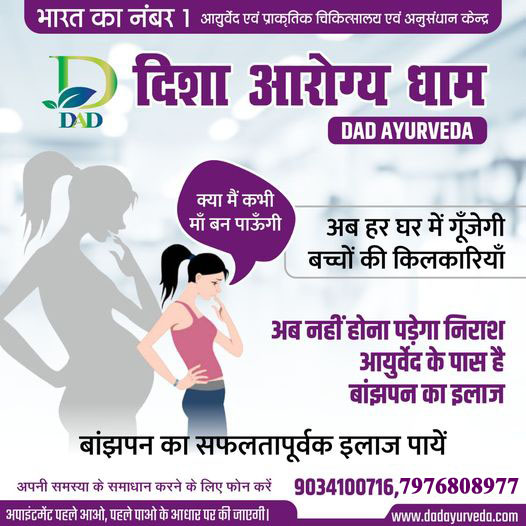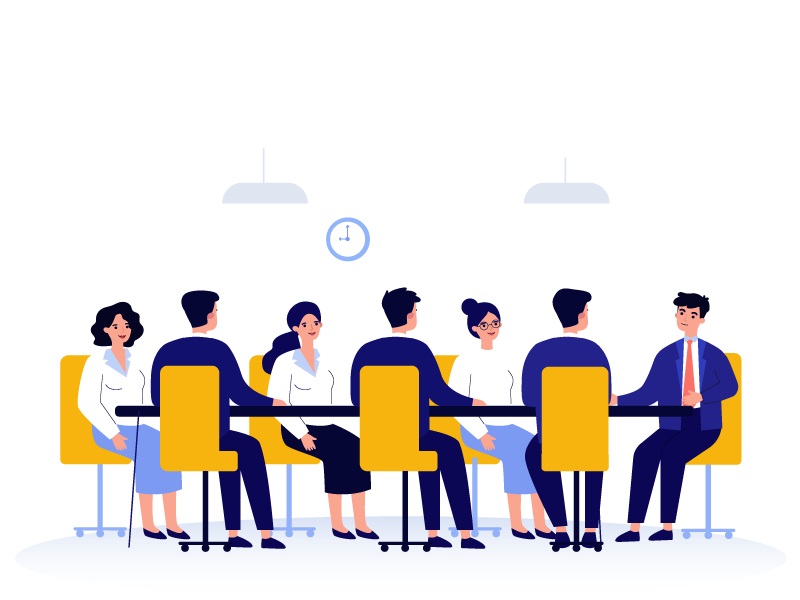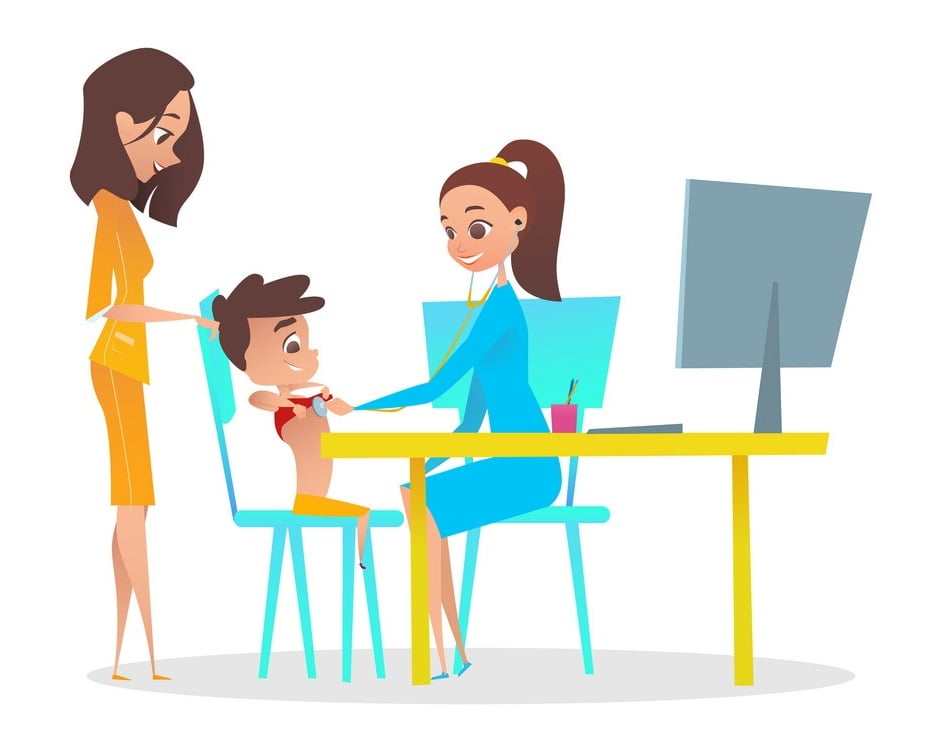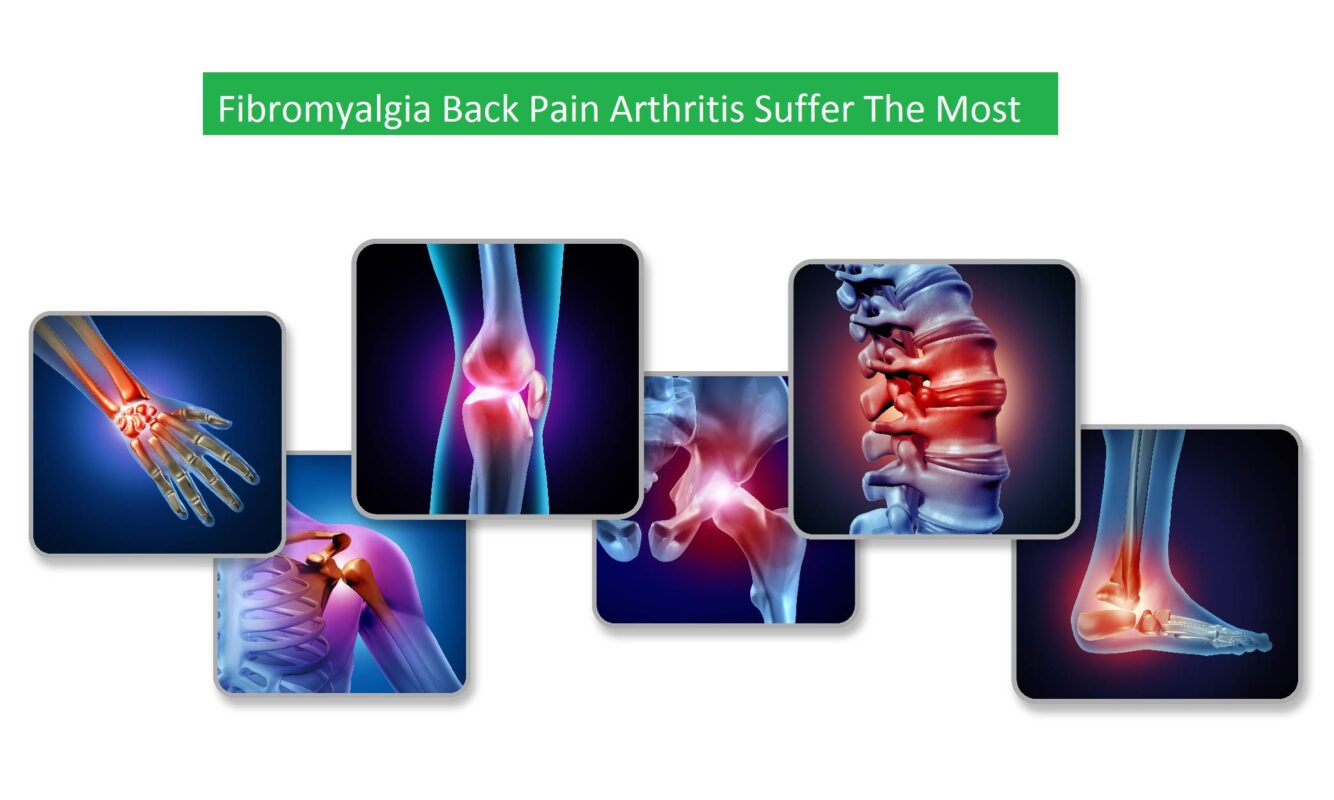Gut
Fibromyalgia Back Pain Arthritis Suffer The Most
Fibromyalgia, Back pain, and arthritis suffer the most Risk of depression in 40% of adults suffering from chronic pain
Disha Arogya Dham. About 40 percent of adults suffering from chronic pain (Fibromyalgia Back Pain Arthritis Suffer) may also have mental health problems like anxiety or depression. A new study has shown that patients with nociplastic pain and fibromyalgia are at the highest risk. Nociplastic pain occurs when the central nervous system changes the way it processes pain. On the other hand, fibromyalgia is a condition in which the patient experiences widespread pain in the body, fatigue, sleep and mood swings. Disha Arogya Dham.
About 40 percent of adults suffering from chronic pain may also have mental health problems like anxiety or depression. A new study has shown that patients with nociplastic pain and fibromyalgia are at the highest risk. Nociplastic pain occurs when the central nervous system changes the way it processes pain. On the other hand, fibromyalgia is a condition in which the patient experiences widespread pain in the body, fatigue, sleep and mood swings.
Additionally, the social and emotional impact of chronic pain cannot be overlooked. It can lead to a decreased quality of life, strained relationships, and difficulties in performing daily activities. The constant struggle with pain can also contribute to feelings of frustration, hopelessness, and isolation. Therefore, it is crucial for healthcare providers to adopt a holistic approach that addresses both the physical and mental well-being of patients with chronic pain.
Women are most affected
According to doctors at Disha Arogya Dham, women, young people and people suffering from nociplastic pain (due to a change in pain perception) are most likely to feel depression and anxiety. This is also due to hormonal cycles and greater intensity of emotional reactions in women. According to a study, factors such as poor sleep, stress, fatigue and obesity (BMI more than 30) play an important role in converting acute pain into chronic pain.
According to doctors at Disha Arogya Dham, women, young people and people suffering from nociplastic pain (due to a change in pain perception) are most likely to feel depression and anxiety. This is also due to hormonal cycles and greater intensity of emotional reactions in women. According to a study, factors such as poor sleep, stress, fatigue and obesity (BMI more than 30) play an important role in converting acute pain into chronic pain. Moreover, individuals with a history of trauma or abuse are also more susceptible to developing mental health issues alongside chronic pain.
The complex interplay of biological, psychological, and social factors necessitates a holistic approach to managing both the physical and emotional aspects of pain. By addressing these multifaceted factors and providing comprehensive care, healthcare professionals can help improve the overall well-being of individuals living with chronic pain. chronic pain. Moreover, individuals with a history of trauma or abuse are also more susceptible to developing mental health issues alongside chronic pain.
The complex interplay of biological, psychological, and social factors necessitates a holistic approach to managing both the physical and emotional aspects of pain. By addressing these multifaceted factors and providing comprehensive care, healthcare professionals can help improve the overall well-being of individuals living with chronic pain.
76 surveys of 1000 people were analysed. The most commonly reported chronic pain conditions include fibromyalgia, back pain and rheumatoid arthritis. Researchers from Disha Arogya Dham said mental health screening of patients with chronic pain should be mandatory. According to them, acute pain may be caused by an injury or surgery, but psychological factors play a role in the process of turning it into chronic pain. The experience of pain is influenced by a complex combination of biological, psychological and social factors.
Ayurveda and Naturopathy is necessary
Anti-inflammatory drugs, antidepressants and opioids are usually given in the treatment of chronic pain, but experts also consider psychotherapy to be necessary. According to Dr Pankaj Rohilla of Disha Arogya Dham, treatment of conditions such as back pain often only limits the intensity of the pain, so patients have to live with pain for a long time. Dr Sangeeta Phogat of DAD Ayurveda said that chronic pain affects work and relationships as well as causes stigma in society. Anxiety and depression alter the body’s pain response mechanism, turning this problem into a vicious circle.








